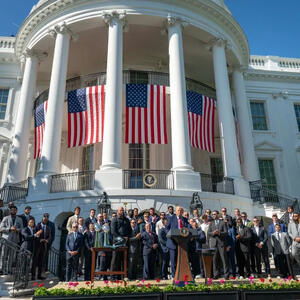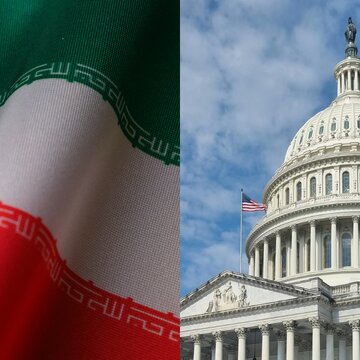Zohran Mamdani’s re-election to the New York State Assembly has triggered a wave of jubilation among many in the Indian diaspora. The 33-year-old, born to scholar Mahmood Mamdani and acclaimed filmmaker Mira Nair, represents an emerging generation of South Asian progressives in American politics. For many, his win symbolises representation: An Indian-origin lawmaker championing working-class issues, immigrant rights, and racial justice in one of the world’s most influential democracies.
But beneath the applause lies a complicated question: what does it really mean to celebrate Mamdani’s victory as an Indian?
When Identity collides with ideology
Unlike several diaspora politicians who proudly carry their “Indian-origin” label as a badge of soft power, Mamdani’s politics often cut against the grain of India’s national narrative. He has been vocal in criticising the Indian government over its handling of Kashmir and outspoken in his solidarity with Palestine, positions that have won him admiration in progressive circles but sharp disapproval among many Indians online.
To his detractors, Mamdani represents a strain of diaspora activism that romanticises dissent without engaging with on-ground complexities. To his supporters, he is precisely what modern politics needs, a moral voice unafraid to question power, whether in Washington, Tel Aviv, or New Delhi.
A mirror to diaspora politics
Mamdani’s win is a reminder that Indians must balance identity with belief. Can we take pride in a shared heritage while disagreeing with someone’s politics? The real question isn’t whether we should celebrate his victory, but whether we can accept that our diaspora like India itself.
ALSO READ| H-1B applications back on track as US Labor Department reopens FLAG portal
So when Indians cheer for a Mamdani or a Rishi Sunak, the celebration isn’t just about ethnicity. It’s also an endorsement, conscious or not, of the politics they represent, and that's where the discomfort gets in.











